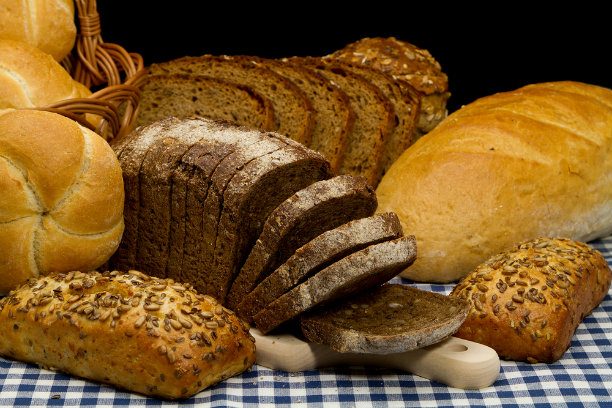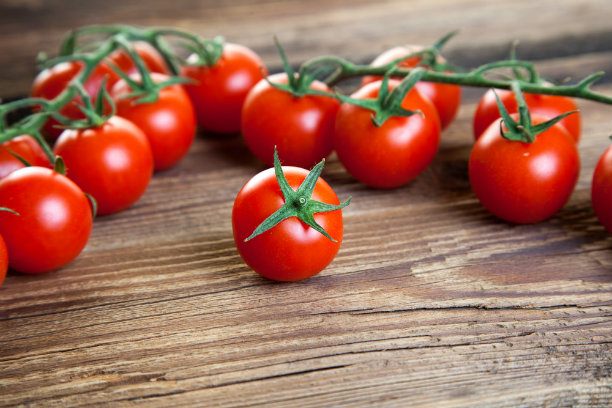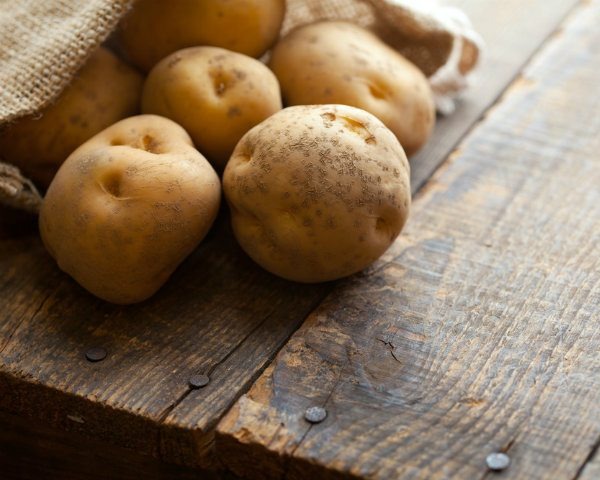Things That Should Never Go In The Fridge
After spending time in the grocery store, your sole goal when you get home is to get everything away as quickly as possible. You throw the pantry stuff in the pantry and cold stuff in the fridge and call it a day. But really what you are doing is creating an extra trip to the store a lot sooner than you'd like to go.
Click here for the 10 Things That Should Never Go In the Fridge (Slideshow)
Believe it or not, you could be putting grocery items in your fridge incorrectly. All foods have unique molecular compositions. Some are full of starch and others gluten, and each food reacts differently to its environment. And while we see our refrigerator as a cold preservation box, it wasn't designed to keep every food item fresh.
A refrigerator causes the molecular structure of certain foods to alter for two main reasons. The first is obvious: the extreme cold temperature. In the case of foods with starch and gluten (like bread), this sends food into a "retrogradation," the process of starches converting and hardening into a stale state due to the cold. The other major factor is moisture, which not only changes the flavor of certain foods (such as tomatoes), but can also cause them to grow mold more quickly and change their natural consistency, rendering them useless.
To help you make sure that you save your food from an untimely death, we pulled together a list of grocery items that don't belong in your fridge, no matter how cold you think they should be!
Bread

Because of bread's unique molecular composition of starch and gluten, putting bread in the fridge will cause it to get stale six times faster. When bread bakes, its chemical composition automatically begins changing, the heat allowing the molecules in the dough to expand and form fluffy bread. As soon as it begins the cooling process, these molecules begin crystallizing and slowly revert back to a hardened state. Putting it in the fridge accelerates this process and makes it dry out.
Tomatoes

It may seem strange, but tomatoes belong on your countertop to be enjoyed at peak ripeness. Because they are such delicate fruits, their thin cell wall membranes get damaged at the cold temperature and affect taste.
Click here for more foods that should not go in your fridge!
